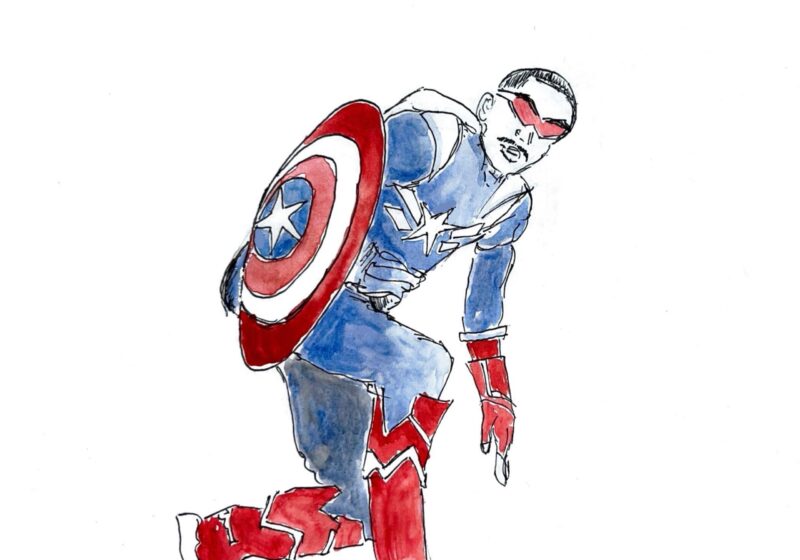If there is something that is certain for most of us who are mestizos, it is that when we think deeply about ourselves, we find it hard to define ourselves. Still, I think it’s worth trying. We sometimes try to make up for this by calling ourselves Hispanic or Latinos. But, these terms don’t really show the fullness of the complex, almost ineffable essence of the mestizo and fail to evoke our indigenous heritage because of the the political background behind their coinage. In the end, many among us try to adopt their most salient identity, especially to set themselves apart from the rest. The worst case — and the most tragically comical — is of the ones who call themselves “white” to feel superior. (Racism is still very alive in our countries).
Of course, there are those who are ethnically “white.” But, in my experience — living among the tropical high-class of the Ecuadorian Littoral — they are still culturally mestizos, and that’s my point. They want to feel completely different to destroy any bond with those who suffer below them and to feel superior. Yet, they eat the same food, use the same slang (which contains strong indigenous elements in the Ecuadorian case), and live many aspects of their lives in a way very similar to that of the lower, more “mixed” classes. All of this is because the essence of the mestizo identity transcends common racial and even historical divides, even when we deny it, and that is perhaps its greatest virtue.
For me and many of us, our culture would be unimaginable without mestizaje and the marks left by its cultural syncretism and by the historical dynamics that gave birth to it. From the marvelous works of the Cuzco and Quito Schools, to the art of Diego Rivera, Frida Kahlo, Oswaldo Guayasamín, and Agustín Barrios, through the folklore and religious traditions of Latin America, we have abundant evidence of a common culture that could only emerge from this amalgam of different heritages. It gets to a point where it is clear that something new and altogether different was almost spontaneously created, and that its authors can’t be just white, black or brown, European or indigenous, Christian or practitioners of the traditional faiths. They are all and none at once.
Even our countries are in part a product of this process. The próceres, those who carried the standard of a new era of freedom on our side of the continent too were inspired by this distinct sense of identity. One of those was the José Joaquín Olmedo, the Ecuadorian patriot and poet. He took pride — unlike others in those times and our’s — of not having a “pristinely” white skin color, and wrote of the ancient Incan emperors as a Spaniard would have written of the Catholic Monarchs. Many men and women like him led the struggle of our young republics, founded on the idea that these states were heirs of the nations of the American continent that were free before Columbus’s arrival — even if distinctively Hispanic.
Later on, through history, people from many other continents came to our republics, and soon became citizens like us and enriched the Mestizo identity, and made the American Continent the home of anyone who wanted to come in peace. I grew up meeting people who proudly exhibited their own Lebanese, Croatian, Italian, and Chinese heritage, but who were so similar to me and those around me at the same time. With the exception of some elitists, all embraced being Ecuadorian while proudly preserving their own heritage, and thus became part of its Mestizo culture, through social and familial bonds that grew strong with generations. With them, the identity transcended the mixture of Hispanicity with the indigenous cultures of the continent, and embraced the contributions made by the masses of immigrants that have come from around the world and helped build our countries.
Through a renewed acceptance of who we are, we can create bonds of solidarity and togetherness that might overcome the pervasive racism and social indifference in our countries — and finally drive us to help bring justice to all those marginalized. And I feel that somehow, by taking pride in this diverse and complex heritage, we can make a stand against the raising xenophobia and ethno-nationalism of our times.
I want to make the case for all Latin Americans, by birth or not, to take that name, mestizo, with pride, and ponder upon all of its meaning, as inscrutable as it appears. It is time to stop being ashamed, to reject all those resist and classist forces that set us apart, and especially to stop looking at ourselves as others taught us to do — and instead search for the true qualities of our identity.



